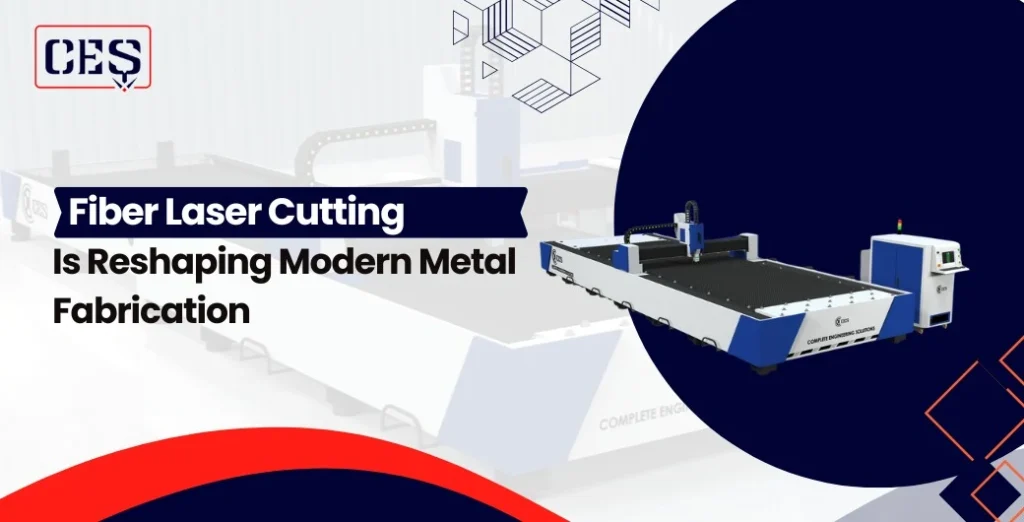The metal fabrication industry is undergoing a rapid transformation, and at the center of this revolution lies fiber laser technology. Over the past decade, fiber laser cutting machines have become the preferred choice for cutting a wide range of metals — from thin sheets to thick industrial-grade materials. Their unmatched precision, speed, and energy efficiency are setting new standards in the world of manufacturing.
What is Fiber Laser Technology?
Fiber laser technology uses optical fibers doped with rare-earth elements to generate a powerful and focused laser beam. Unlike CO2 or traditional YAG lasers, fiber lasers offer higher beam quality, better energy efficiency, and reduced operational costs. These features make them ideal for high-performance industrial applications.
A fiber laser machine is capable of producing cleaner, more precise cuts at higher speeds and with minimal material waste. This has led to widespread adoption across industries such as automotive, aerospace, electronics, and construction.
Advantages of Fiber Laser Cutting Machines
Fiber laser cutting machines bring numerous advantages over conventional cutting methods:
- Speed & Precision: High cutting speeds without compromising accuracy.
- Low Maintenance: Fewer moving parts mean reduced downtime and maintenance costs.
- Energy Efficiency: Lower power consumption compared to CO2 lasers.
- Material Versatility: Capable of cutting steel, aluminum, brass, copper, and more.
These benefits are driving the demand for fiber laser cutting machine manufacturers who can provide reliable, customizable solutions for modern industry needs.
Why Manufacturers Prefer Fiber Laser Machines
Top fiber laser cutting machine manufacturers have been innovating to meet growing market demands. Machines now come with features like automatic nesting software, real-time monitoring, smart sensors, and AI-powered predictive maintenance. This level of automation allows companies to reduce human error and boost productivity — essential in today’s fast-paced production environments.
In addition, manufacturers are also focusing on building compact, space-saving machines that integrate seamlessly into smart factories.
Tips for Extending the Life of Your Fiber Laser Machine
- Regular Cleaning: Dust and debris can affect laser quality and precision. Clean optics and filters regularly.
- Routine Maintenance: Follow manufacturer maintenance schedules for lenses, nozzles, and cooling systems.
- Use Quality Consumables: Use recommended nozzles, lenses, and gases to ensure optimal cutting performance.
- Avoid Overloading: Always operate within the machine’s rated material thickness and speed.
- Software Updates: Keep the control software up-to-date to benefit from improved performance and features.
By following these tips, businesses can not only prolong the life of their equipment but also maintain consistent production quality.

